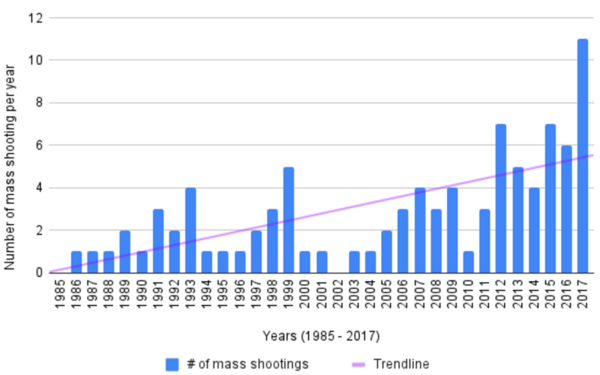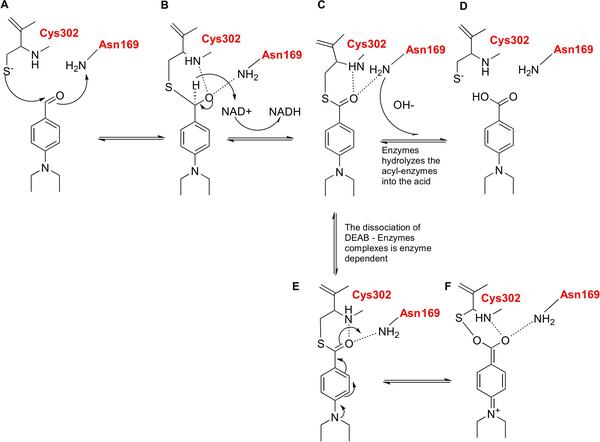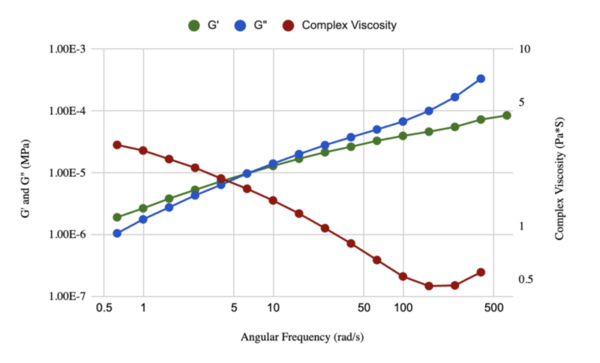
The authors looked at four members of the tetracycline antibiotic family/class against four different species of bacteria.
Read More...Strain selective in vitro and in silico structure activity relationship of tetracycline antibiotics

The authors looked at four members of the tetracycline antibiotic family/class against four different species of bacteria.
Read More...Deep sequential models versus statistical models for web traffic forecasting

The authors looked at ways to provide better forecasting on website traffic. They found that deep learning models performed better than statistical models.
Read More...Mitigating open-set misclassification in a colorectal cancer detecting neural network

The authors develop a machine learning method to reduce misclassification of objects in safety-critical applications such as medical diagnosis.
Read More...The effect of economic downturns on the frequency of mass shootings

Researching gun violence and mass shootings in the U.S. is difficult due to the lack of consistent data collection. Some studies have linked mass shootings to personal financial stress, but little formal research exists on the impact of broader economic conditions. This study hypothesized an inverse relationship between mass shootings and economic performance, using the S&P 500 and unemployment rate as indicators.
Read More...In silico screening of DEAB analogues as ALDH1 isoenzymes inhibitors in cancer treatment

The authors computationally screened potential ALDH1 inhibitors, for use as potential cancer therapeutics.
Read More...The effects of varied N-acetylcysteine concentration and electronegativity on bovine mucus hydrolysis

The authors evaluated the effect of concentration and variant of N-Acetylcysteine in hydrolyzing mucus.
Read More...Identifying anxiety and burnout from students facial expressions and demographics using machine learning

The authors used machine learning to predict the presence of anxiety and burnout in students based on facial expressions and demographic information.
Read More...A 1D model of ultrasound waves for diagnosing of hepatomegaly and cirrhosis

The authors created a 1D model to diagnose hepatomegaly and cirrhosis via ultrasound of the liver.
Read More...Observing food and density effects on the reproductive strategies of Heterandria formosa

The authors looked at the impact of different harvest and feeding treatments on Heterandria formosa over three generations as a model for changes in marine ecosystems.
Read More...Investigating the impact of short-chain fatty acids on myofiber dynamics and insulin sensitivity

The authors looked at the impacts of short-chain fatty acids on muscle fiber formation as well as insulin sensitivity using a model of mouse myoblasts.
Read More...